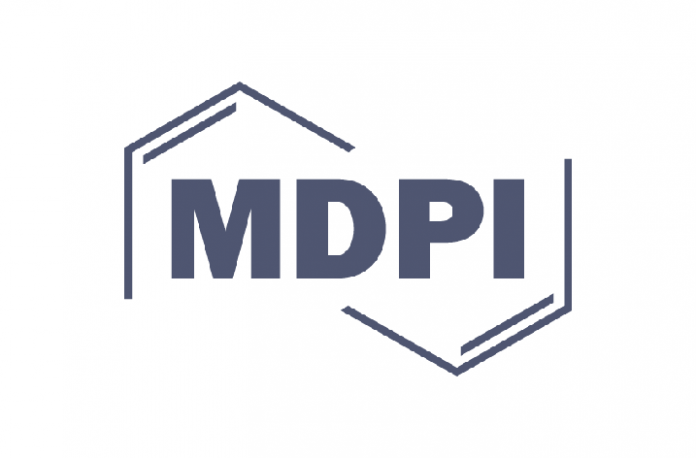
The fully open access publisher MDPI has reached a significant milestone as it continues to scale in response to growing global demand for rigorous, author-focused publishing. The Basel-headquartered company, founded in 1996, now employs more than 8,000 staff worldwide, with nearly 2,000 new colleagues hired in 2025 alone.
“We’re investing in editorial excellence by investing in people,” said Stefan Tochev, CEO of MDPI. “Reaching this milestone is a reflection of our long-term commitment to resilience, quality, and the trust we place in our teams to uphold high publishing standards.”
Earlier this year, the publisher released its 2024 Annual Achievements Report, highlighting several steps taken to reinforce research integrity. These included tripling the size of its internal research integrity team and joining leading industry initiatives such as the STM Integrity Hub and United2Act.
Sustaining demand and growth
With a portfolio of over 475 journals, MDPI continues to see a steady pipeline of article submissions and engagement with its journals. In the latest Clarivate Journal Citation Reports, 193 MDPI journals are ranked in the top 50% (Q1/Q2) of their subject categories based on citation performance, with 61 titles ranked in the top quartile based on citation performance.
“As demand grows, our focus remains clear: publishing reliable, high-quality science,” said Tochev. “Every article is peer-reviewed, and our internal teams work closely with experts to ensure editorial quality at every step. As readership, submissions, and indexing expand, so too does the need for talented professionals committed to editorial rigour and author services. That is our focus.”
“Over two-thirds of our staff are dedicated to editorial work,” said Tochev. “That speaks to the heart of our mission, to support researchers and uphold quality through every stage of the publishing process.”
Investing in talent
MDPI’s global operations are supported by an internal training and development department, which offers around 215 courses covering topics from editorial best practices to cross-cultural collaboration. In 2024 alone, 44 full-time trainers and 196 part-time training assistants helped support continuous learning across the organisation.
“I’m proud of how far we’ve come, and even more excited about where we’re going,” said Tochev. “This growth is powered by the talent and dedication of our teams, and by the trust of the scholarly community that shares our commitment to Open Access.”


























